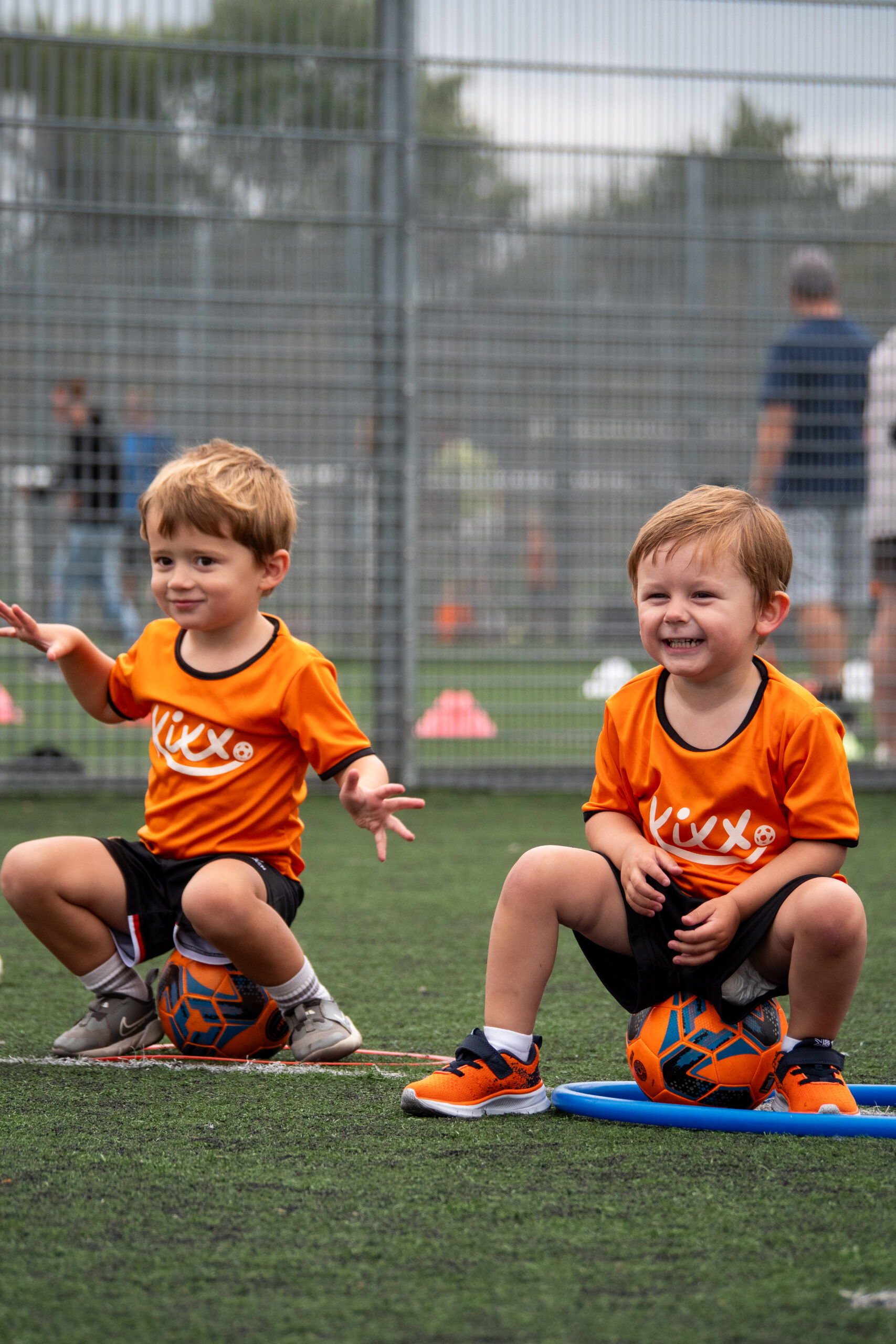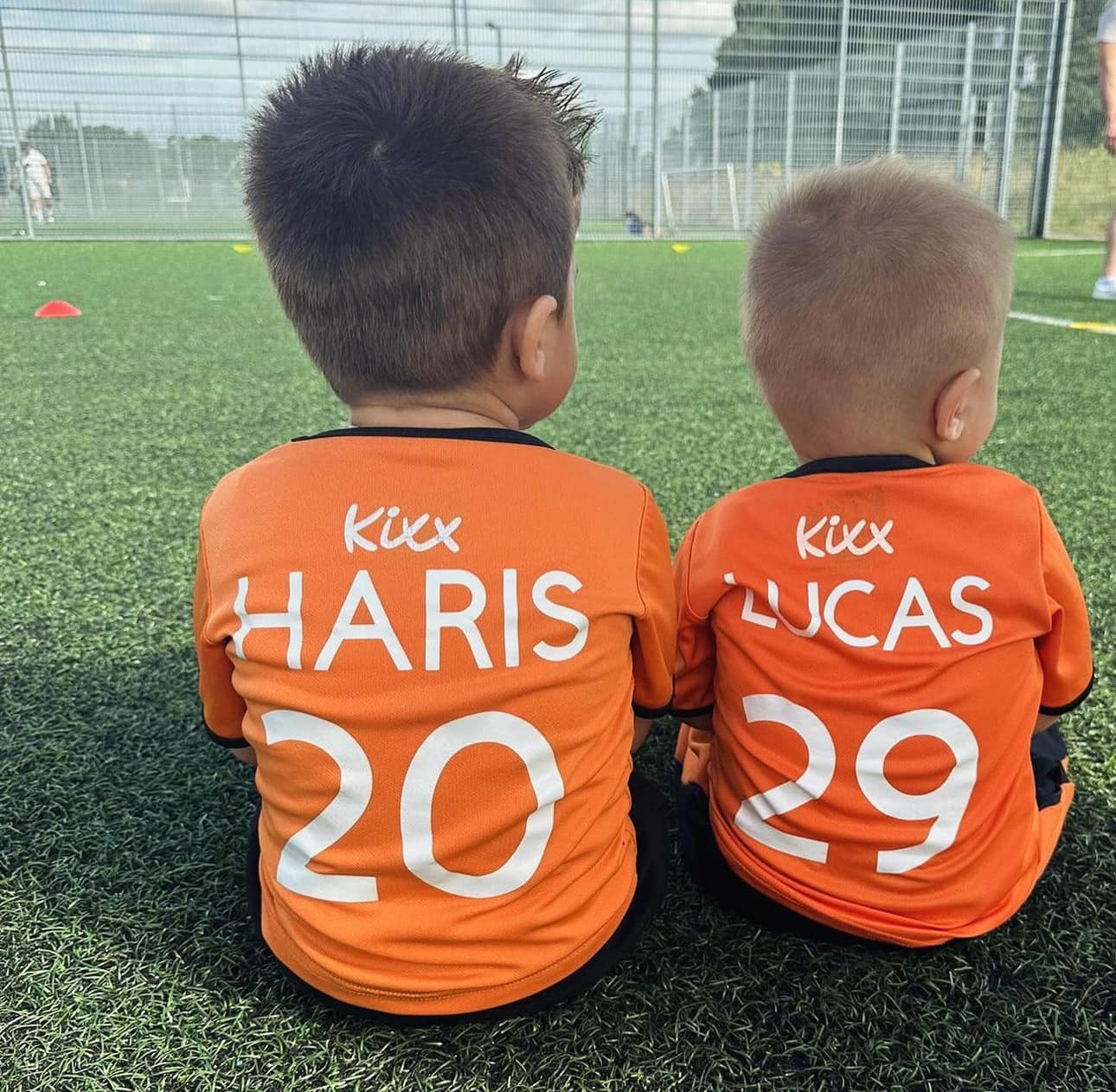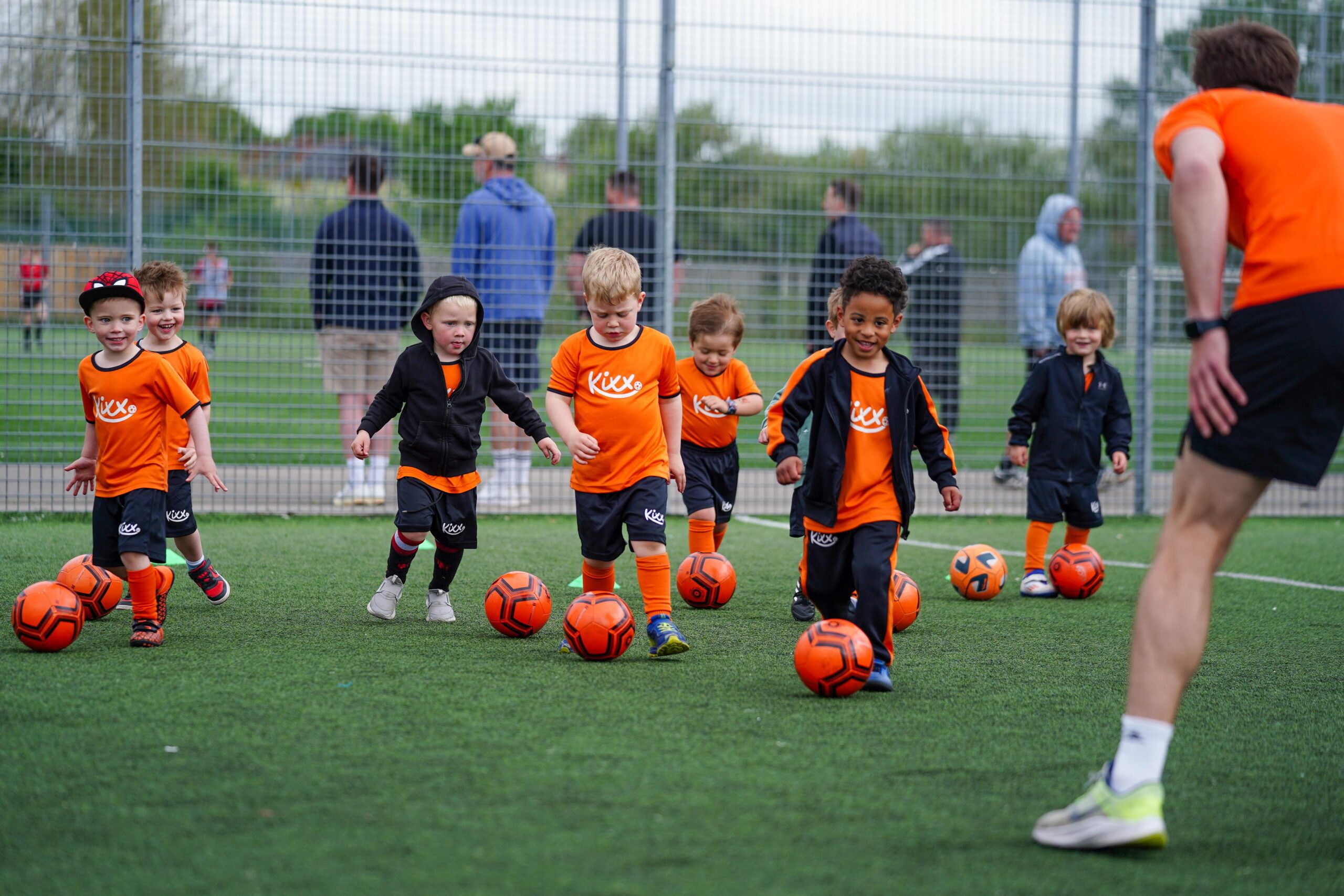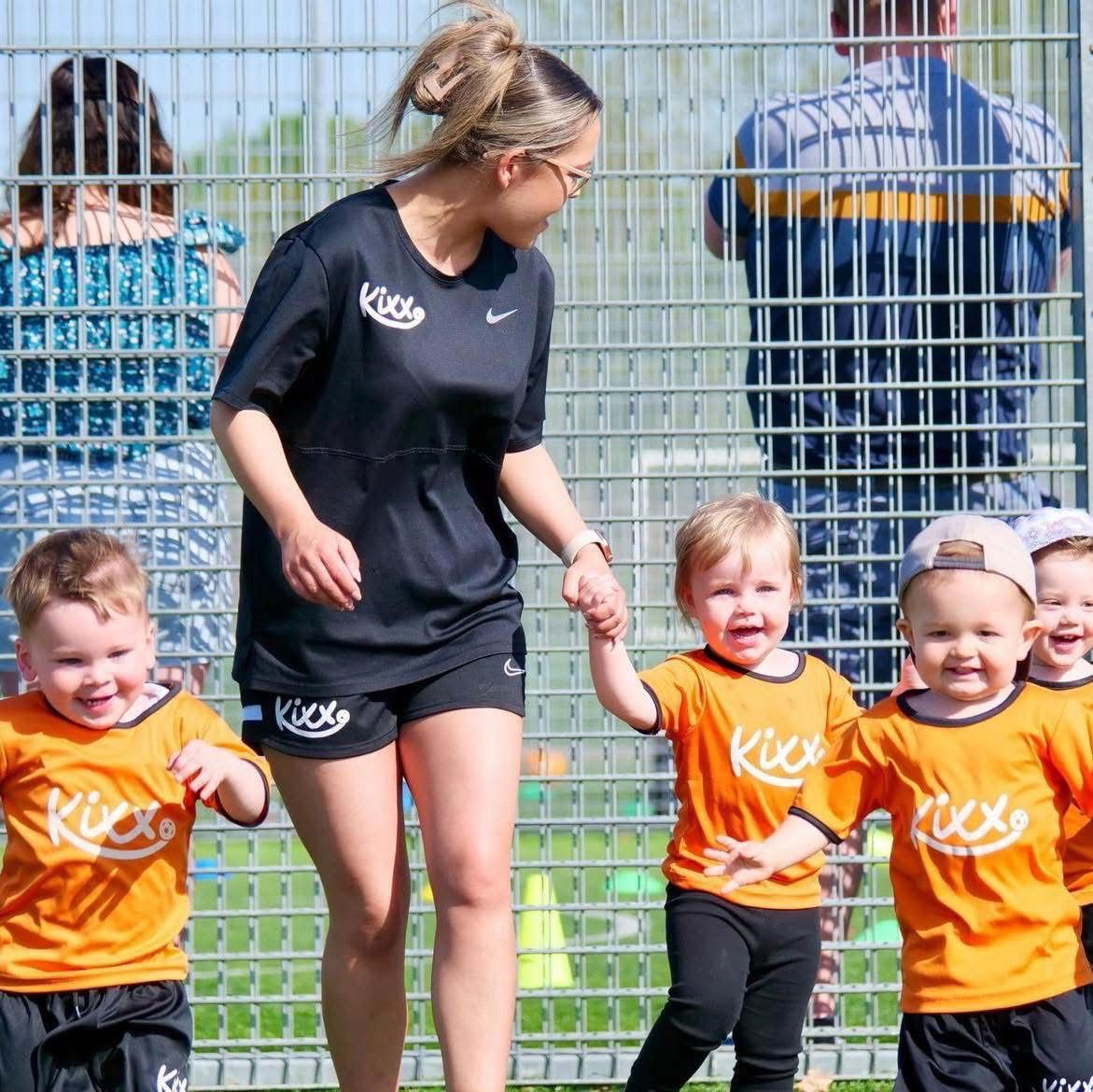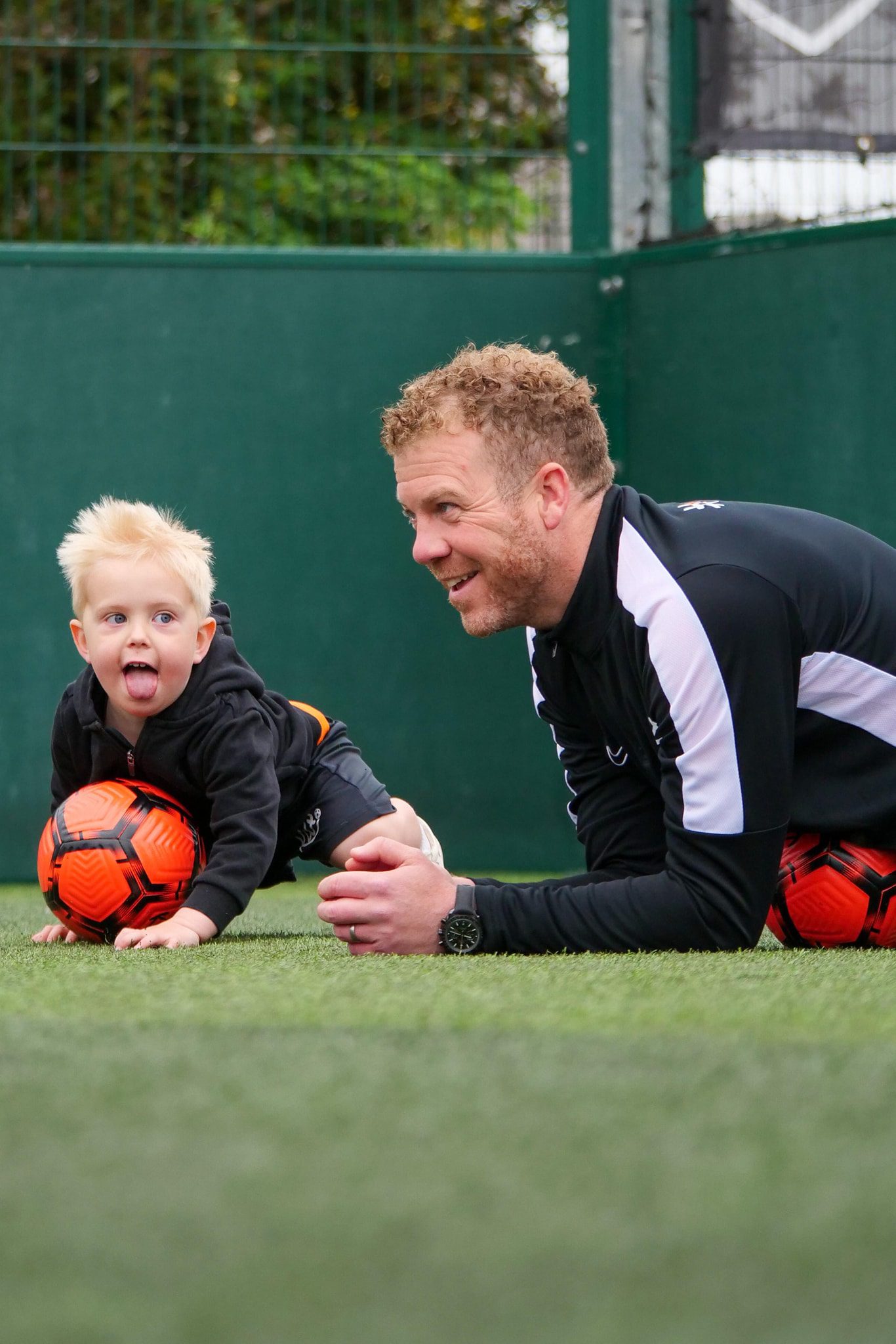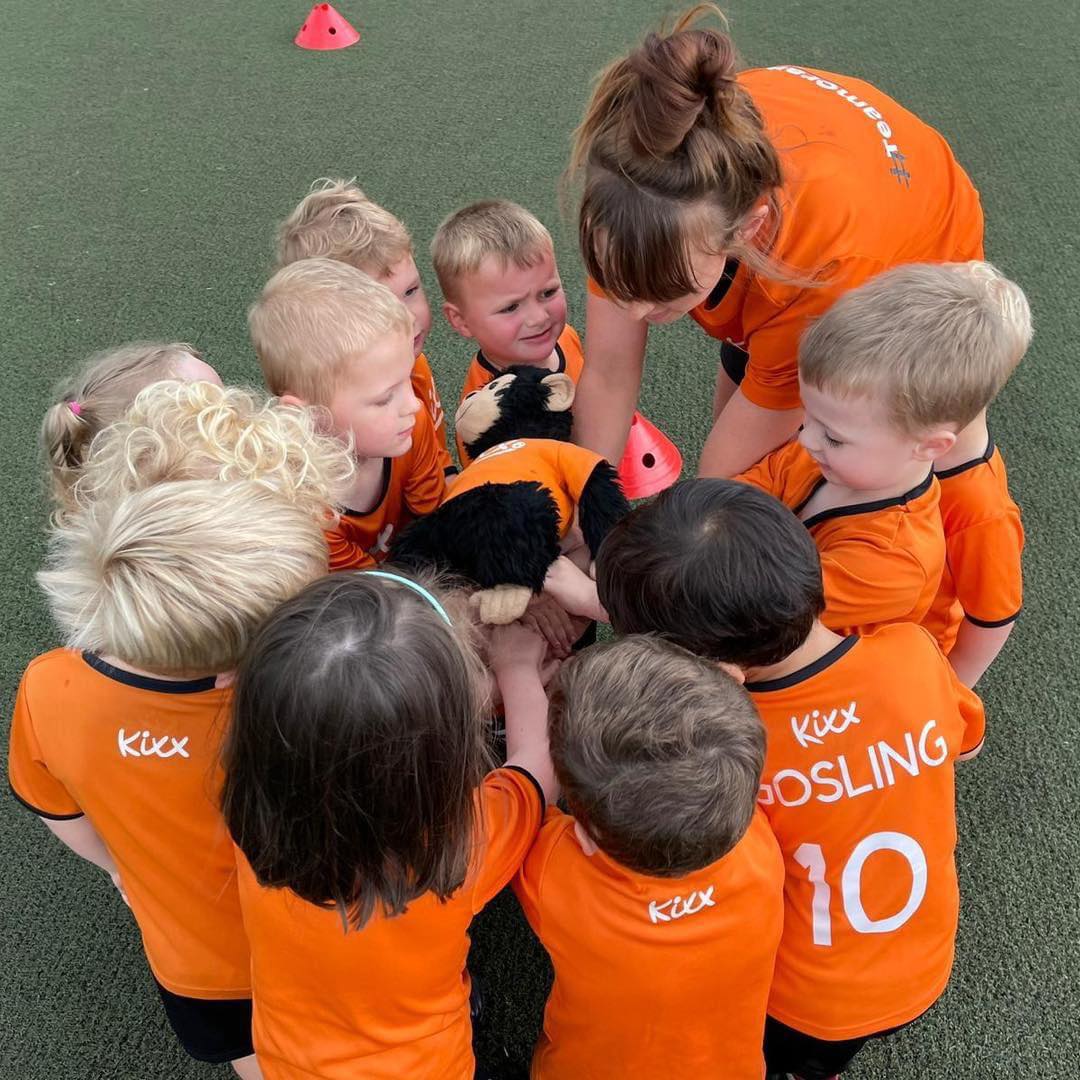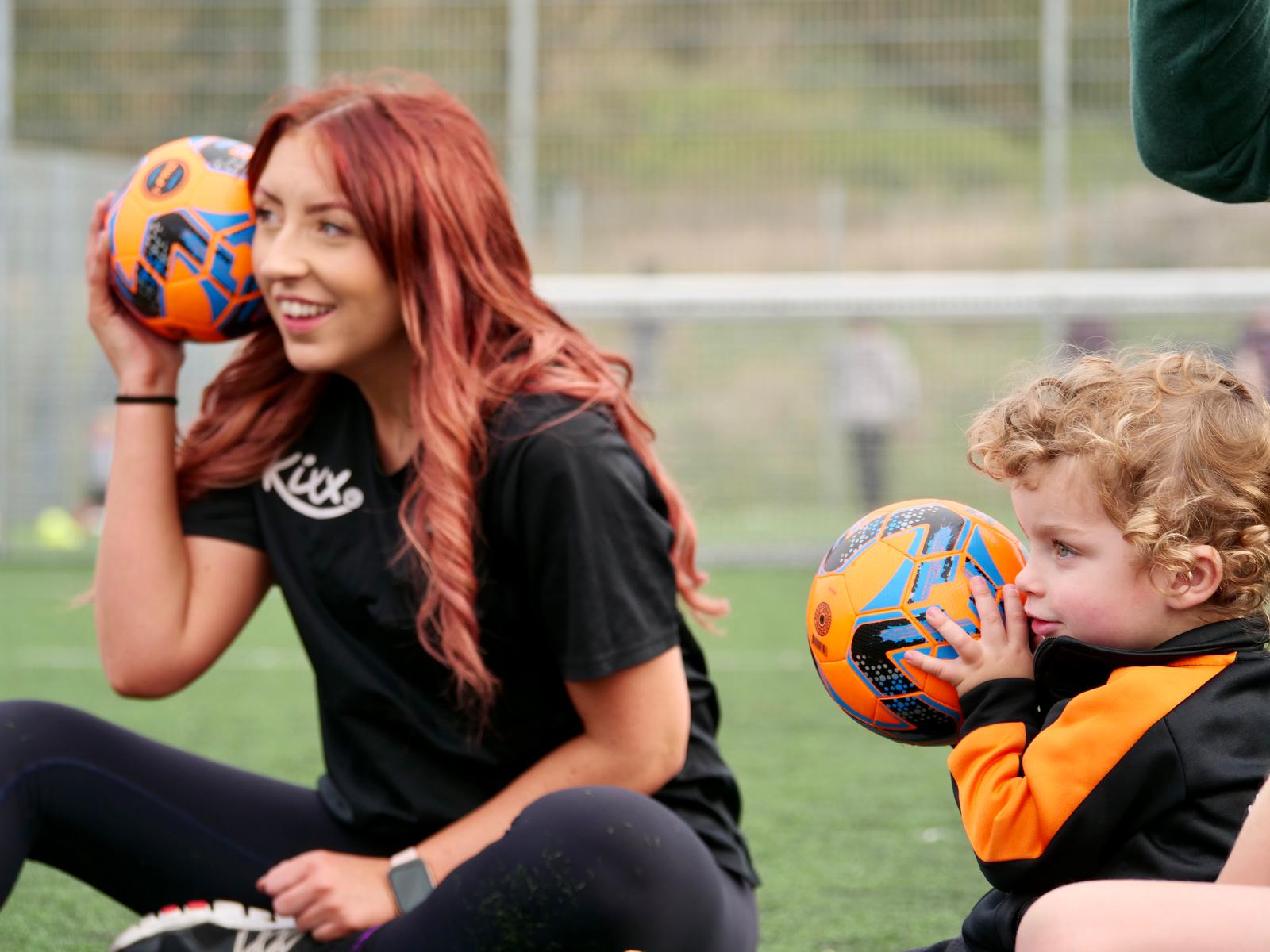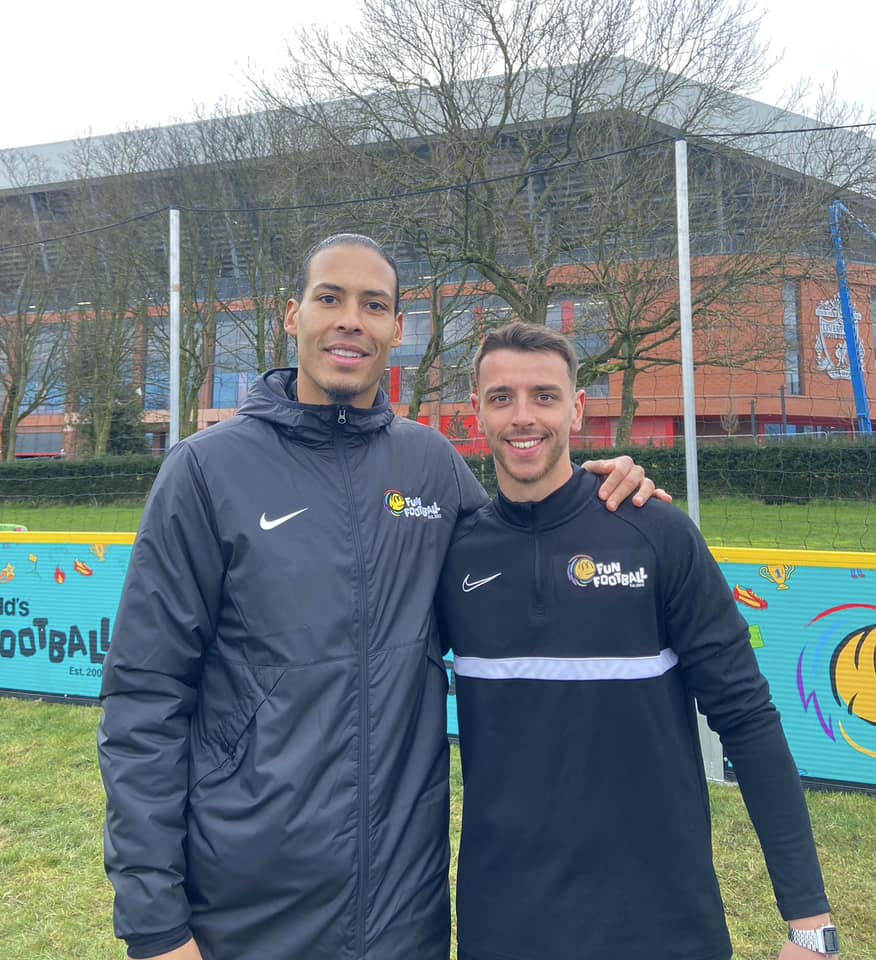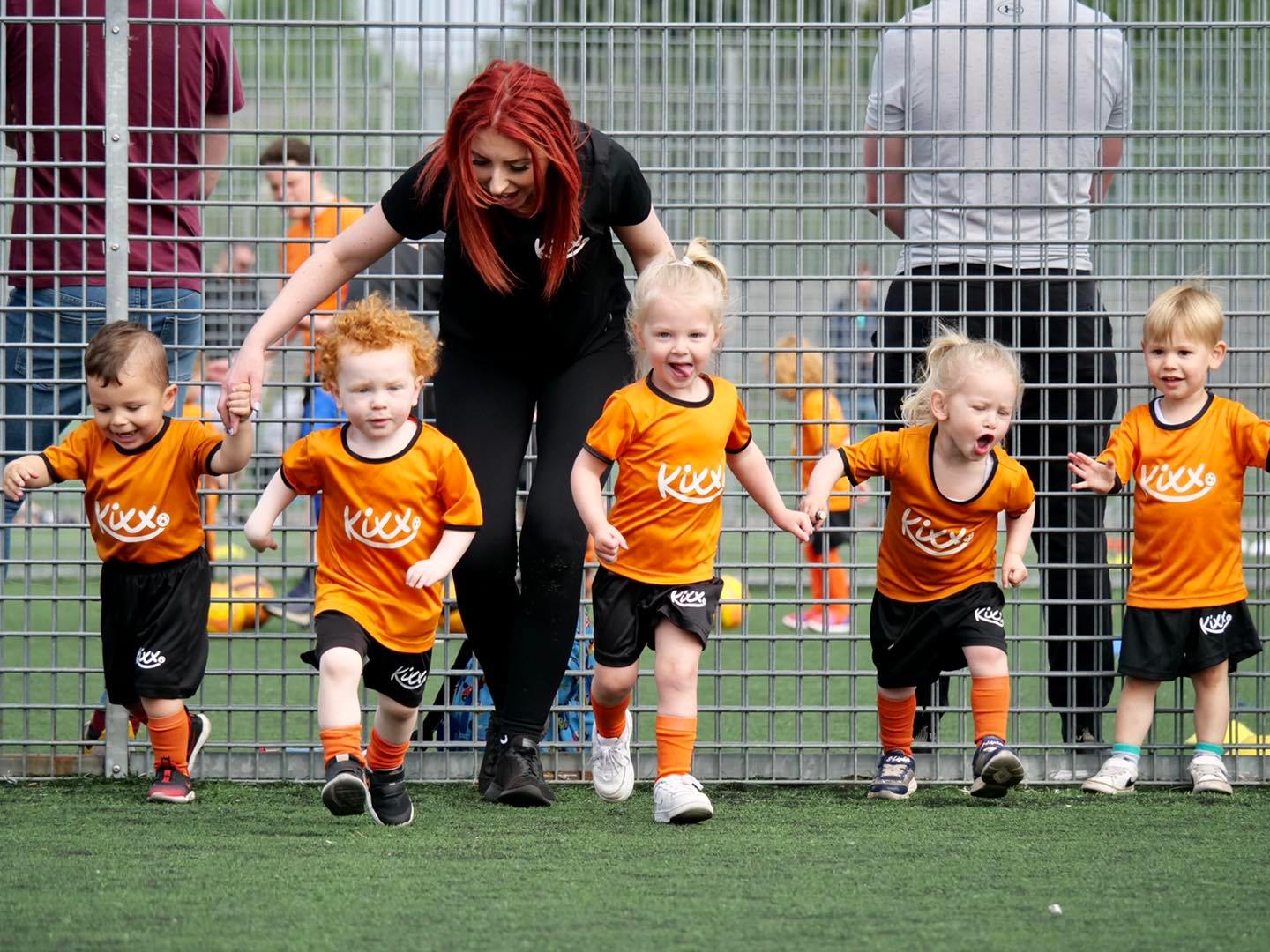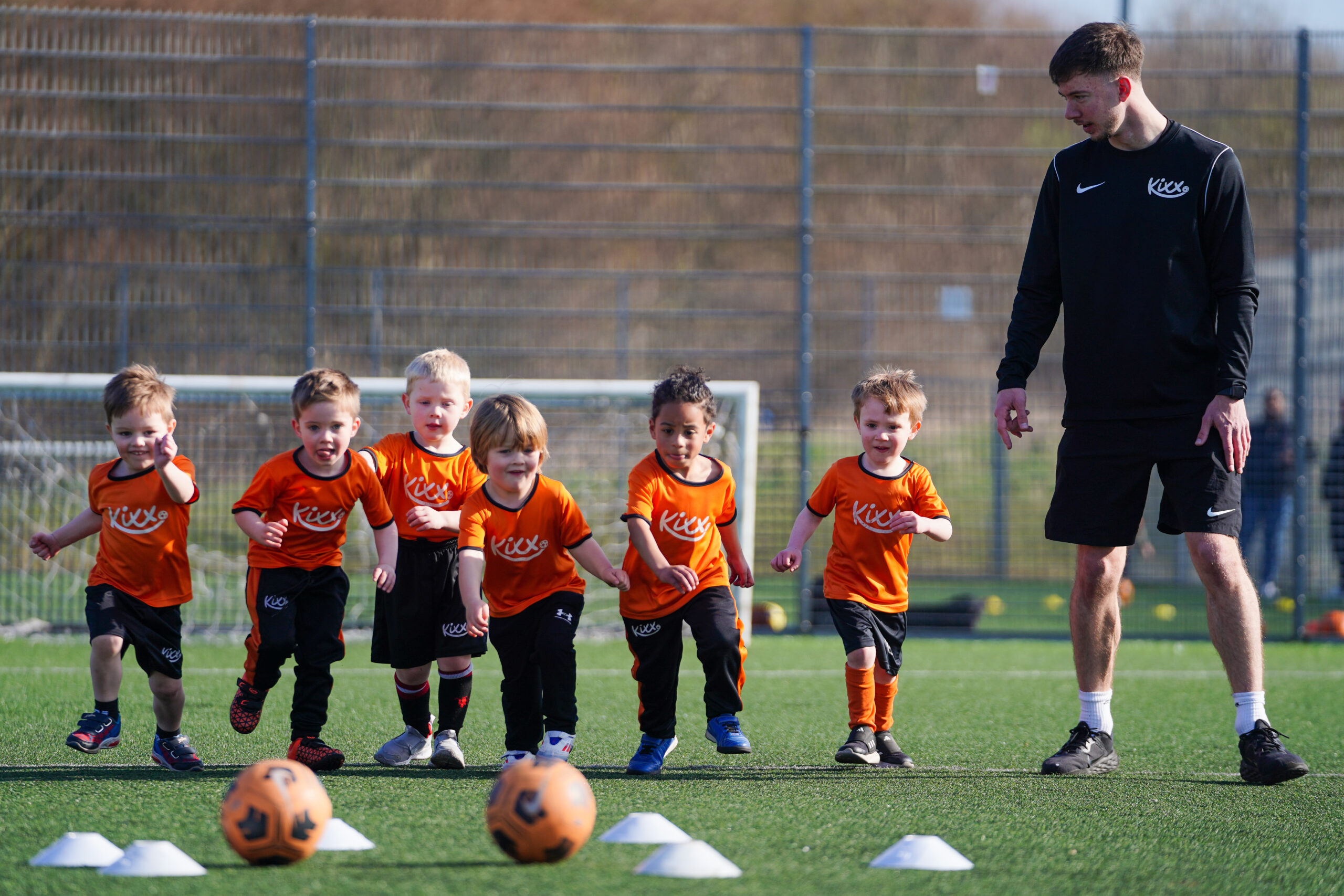In this blog, we will go over what we believe to be the skills you need to thrive as a children’s football coach. Being a great football coach is more than knowing the game of football. There is a lot that goes into becoming an inspiring leader. Read this blog to find out more!
The Role Of A Children’s Football Coach
When filling the role of a football coach, especially with young children, you may need more than qualifications and experience to do your role effectively and make a difference. Even the most qualified person who has every credential may not know how to work with younger children.
At the end of the day, knowing every in and out about football is not the only skill you need to thrive as a children’s football coach. The impact of a football coach is far more than teaching how to play the game. It’s so much more!
When joining a football academy, a child can develop leadership skills, creativity, teamwork and develop discipline towards weekly activities and following instructions (all while having fun of course). All these key skills and lessons are led by a football coach.
A football coach with good character will inspire teamwork and collaboration, they are responsible, resilient, respectful, a good communicator, and set achievable goals.
In a lot of ways, football coaches fill the same role as teachers, as they encourage children to experiment with ideas and grow in confidence.
Skills You Need To Thrive As A Children’s Football Coach
Communication Skills
Arguably one of the most essential skills you need to thrive as a children’s football coach is good communication. Confidence in addressing a team, giving clear instructions, and addressing children with an appropriate tone and language is essential.
It is equally important to be open and a good listener, so you can encourage the same confidence with communication for children.
A great football coach will always:
- Consider their terminology– Different age groups will most likely understand different phrases and terminology. It is possible that younger children may not recognise or feel engaged towards the coaching that you would give to older groups. So, it’s about understanding your age group, and each child within that age group. Every child is different, and we all engage in different ways. A good coach will recognise this and communicate in a way that will engage all children in the sessions.
- Have positive body language– Sometimes, as much as a thumbs up, high five, or a smile can make all the difference and boost a child’s confidence. Slouching, punching the air when someone misses a goal, or having your head in your hands can have the complete opposite effect. So don’t just be mindful of what you say and how you say it, be mindful of your body language in every situation.
- Listen to players– Children love contributing and adding value to a discussion. It’s a validating feeling. A good coach will take the time to hear, listen and understand what children are communicating. It doesn’t matter if what they say is right or wrong, having the confidence to communicate is a wonderful thing for children and it should always be encouraged and never be dismissed. Use questions to check understanding. The best way to know if a child has understood what you’ve said is to ask them to explain back to you. This will improve their communication skills and make sure they’re confident with what you say.
Leadership And Mentorship
The role of a coach must be fulfilled by a confident leader and mentor. Children may view you as a role model, so you must set a good example.
As adults reflecting on our formative years, we often recall leaders from all walks of life teaching us invaluable lessons that shape the rest of our lives. You never know what moment could be remembered for the rest of a child’s life. It is a role you must take on with care and pride.
Children’s football coaches need to build trust between a team and themselves. They must also provide constructive feedback so that children are clear on how to improve.
Patience
When working with children, patience is crucial. While for many, this may go without saying, having patience is a skill that not everyone carries.
A football coach must understand that all children are different and some are more distracted easily than others. This is more than ok, a good coach will have patience and understanding for every child and find ways to help them stay engaged, learn and have fun.
To develop patience as a children’s football coach, you might practice mindfulness or set realistic expectations for yourself and others.
The importance of patience in football coaching:
- Good behaviour– Remember, children learn through imitation. The calmer you are, the calmer they are.
- Helps to prevent burnout– If you don’t manage your patience and are constantly frustrated or feel tested, it will become your impulse to become upset at every little thing.
- Understanding another perception– Children might not comprehend things the same way you do. Patience helps you understand and communicate with children more productively.
Knowledge Of The Game
Obviously, a knowledge of the game of football is integral to thriving as a children’s football coach, especially for older children or those wanting to take their game to higher levels. A better, more in-depth understanding of what goes into football will help you structure and design lessons based on the skills and disciplines in the game.
Skills You Need To Thrive As A Football Coach At Kixx
We hope you now feel ready to guide a team to success! There are a lot of skills you need to thrive as a children’s football coach and that’s because you can make an immense positive impact!
At Kixx, our goal is to have a positive impact on every child at every opportunity.
Looking to become a football coach? Want to move to the next stage of your career? Well, why not work with Kixx? We are always looking for motivated and enthusiastic individuals to join our team of coaches.
You can find a list of our current vacancies on our website or always get in touch with us.




